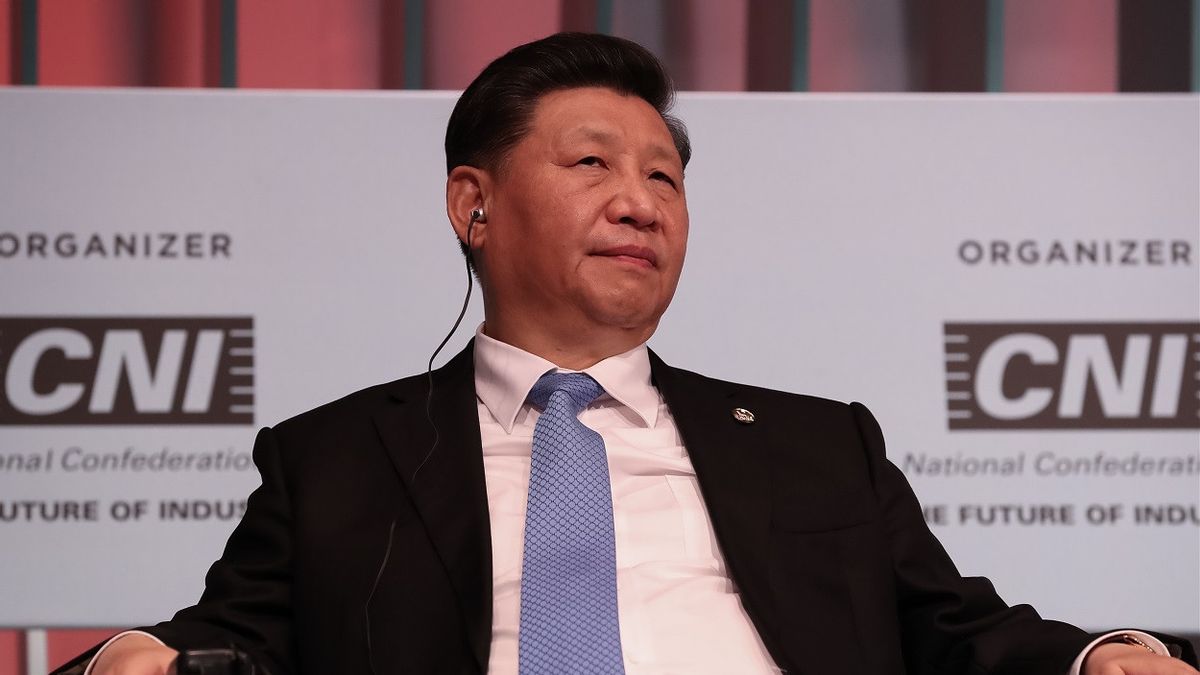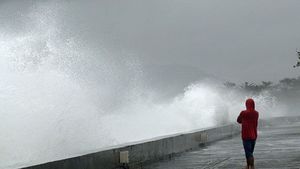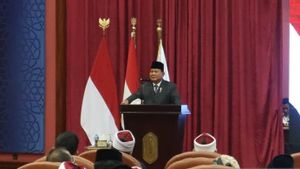JAKARTA - Chinese President Xi Jinping said Beijing would not disturb its smaller regional neighbours, amid rising tensions in the South China Sea.
He said this to the 10 leaders of the Association of Southeast Asian Nations (ASEAN), at a summit on Monday.
Beijing's territorial claims over the sea clash with those of several Southeast Asian nations and have raised concerns from Washington to Tokyo. But, President Xi said, China would never seek hegemony or use its size to coerce small countries, and would work with ASEAN to eliminate "interference".
"China was, was and will always be a good neighbor, good friend and good partner of ASEAN," Xi said, citing Reuters from Chinese media on Nov. 22.
China's assertion of sovereignty over the South China Sea has put it at odds with ASEAN members Vietnam and the Philippines. While Brunei, Taiwan and Malaysia also claim a share.
The Philippines on Thursday condemned the actions of three Chinese coastguard vessels that it said blocked and used water cannons on supply ships heading for the Philippine-occupied atolls at sea.
Meanwhile, the United States on Friday called China's actions "dangerous, provocative and unjustified," warning an armed attack on a Philippine ship would trigger a joint US defense commitment.
Philippine President Rodrigo Duterte told a summit hosted by Xi he "hated" the bickering and said the rule of law was the only way out of the dispute. He referred to a 2016 international arbitration award that found China's maritime claims to the sea had no legal basis.
"This does not speak well of the relationship between our countries," said President Duterte, who is due to leave power next year and has been criticized in the past for failing to condemn China's behavior in the disputed waters.
At the summit, President Xi said China and ASEAN had shaken off the gloom of the Cold War, when the region was wracked by superpower rivalries and conflicts such as the Vietnam War, and had jointly maintained regional stability.
China is known to frequently criticize the United States for its 'Cold War thinking', when Washington engages its regional allies to counter Beijing's growing military and economic influence.
Meanwhile, US President Joe Biden joined ASEAN leaders for a virtual summit last October, promising greater engagement with the region.
To note, the summit was held without representatives from Myanmar, Malaysian Foreign Minister Saifuddin Abdullah said on Monday. The reason for the absence was not immediately clear, while a spokesman for the Myanmar military government did not answer a call for comment.
ASEAN excluded Myanmar military regime leader Min Aung Hlaing, who has led a bloody crackdown on dissent since seizing power on February 1, from a virtual summit last month for his failure to make a breakthrough in implementing the agreed peace plan, in an unprecedented exception. for the block.
Meanwhile, Myanmar refused to send a junior representative and blamed ASEAN for deviating from the principle of non-interference and yielding to Western pressure. China lobbied Min Aung Hlaing to attend the summit, according to diplomatic sources.
The English, Chinese, Japanese, Arabic, and French versions are automatically generated by the AI. So there may still be inaccuracies in translating, please always see Indonesian as our main language. (system supported by DigitalSiber.id)













